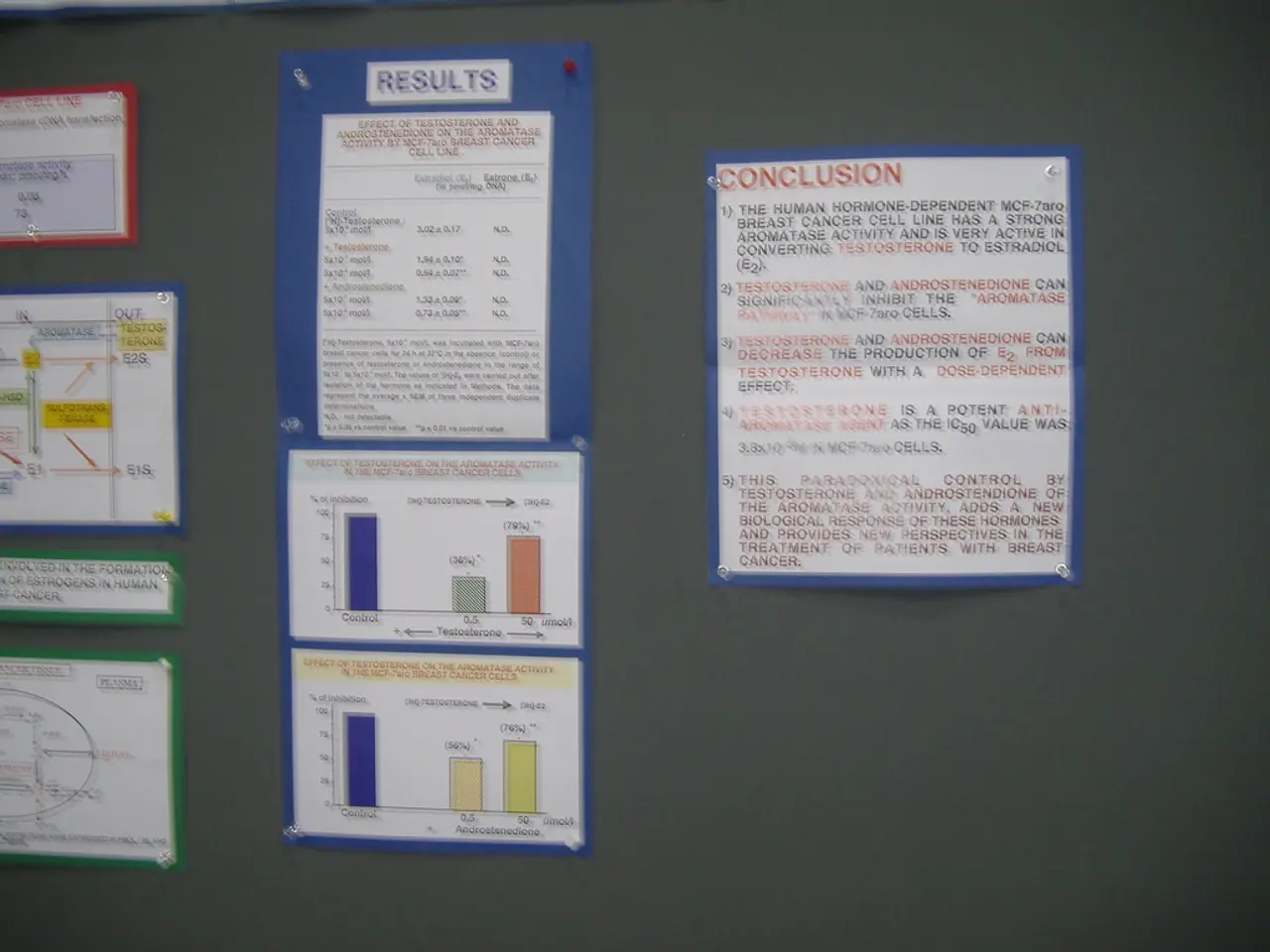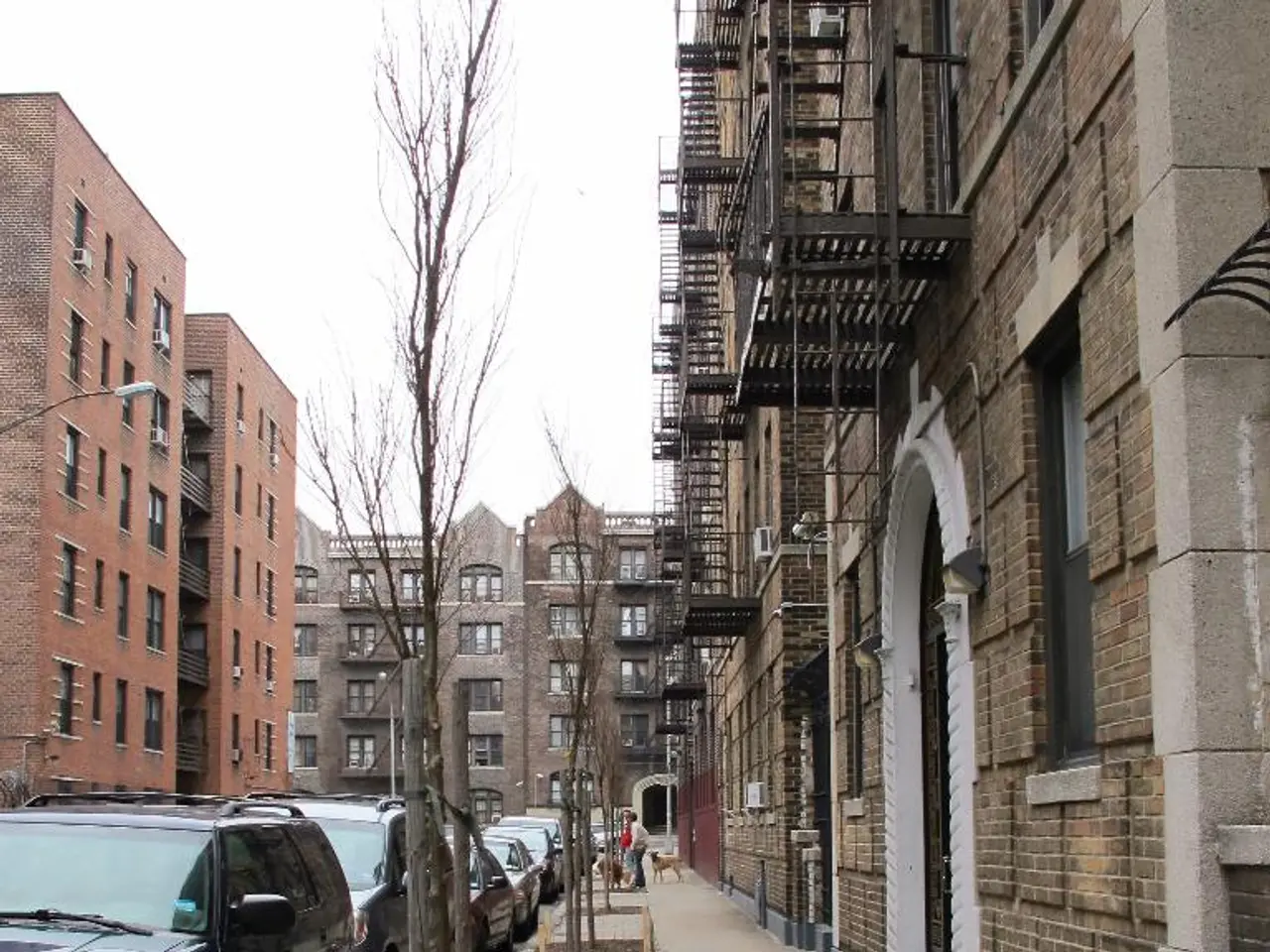Jungheinrich experiences a downturn.
Jungheinrich, a leading manufacturer of forklifts and warehouse technology, has revised its financial outlook for 2025, citing weak economic momentum, particularly in Europe, and intensified competition in the industry. The company now expects order intake and group revenue to be between €5.3 billion and €5.9 billion, a significant decline from previous forecasts of around €5.5–6.1 billion for orders and €5.4–6.0 billion for revenue [1][2][3].
This downward revision comes as customers shift towards more affordable entry-level machines, benefiting Chinese competitors, and a sluggish European economy, particularly in Germany, Jungheinrich’s home market. In response, Jungheinrich has initiated a €100 million cost savings program, which includes streamlining production, management, and administration, as well as reducing the global workforce by about 1,000 jobs to improve efficiency and competitiveness [3][4].
The revised forecast also includes Earnings Before Interest and Taxes (EBIT) of €160 million to €230 million, a sharp decline from prior expectations of €430 million to €500 million. Other factors impacting the outlook include one-off charges of approximately €90 million due to restructuring costs, negative effects from purchase price allocations related to 2023 acquisitions totaling €10 million, and an expected EBIT return on sales reduced to between 3.1% and 3.9% [1][2][5].
Despite these challenges, Jungheinrich's share has performed better than the MDax index, which has risen by almost a quarter since the end of 2024. The company is currently worth around 3.4 billion euros on the stock exchange. However, the share price has been on a downward trend, losing around one-fifth of its value in the past four weeks [1][2].
The company reported a net profit decrease of around 7% to 70 million euros in the second quarter. Operating profit before interest and taxes (EBIT) fell by more than 6% to 106 million euros in the same period. Operating profit is expected to be between €160 and €230 million for the year, significantly lower than the 434 million euros from the previous year [1][2][5].
Peter Rothenaicher of Baader Bank highlighted the weaker margin as a concern, despite expectations being more or less met with the increased order intake. The company had to lower its forecast twice in recent times, with the second adjustment due to negative effects related to the sale of its Russian business [1][2][5].
More than half of the share capital is in the hands of the families of the two daughters of the company's founder, Friedrich Jungheinrich. Despite the current challenges, Jungheinrich's strategic adjustments aim to stabilize operations and restore profitability over the medium term.
[1] Bloomberg [2] Reuters [3] Financial Times [4] Handelsblatt [5] Die Welt
Jungheinrich, in response to weak economic momentum and intensified competition, has revised its financial outlook for 2025, projecting order intake and group revenue to be between €5.3 billion and €5.9 billion, a significant decline from previous forecasts. The company is also implementing a €100 million cost savings program, aiming to streamline production, management, administration, and reduce the global workforce by about 1,000 jobs to improve efficiency and competitiveness.




